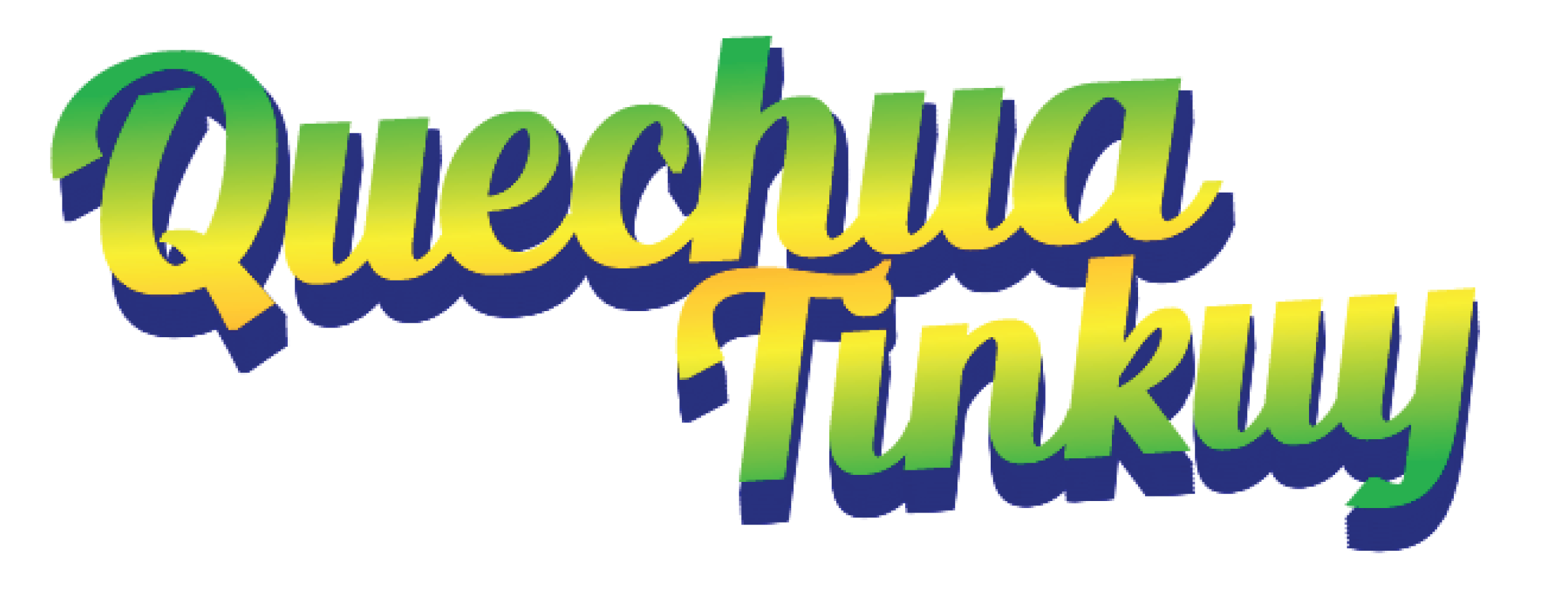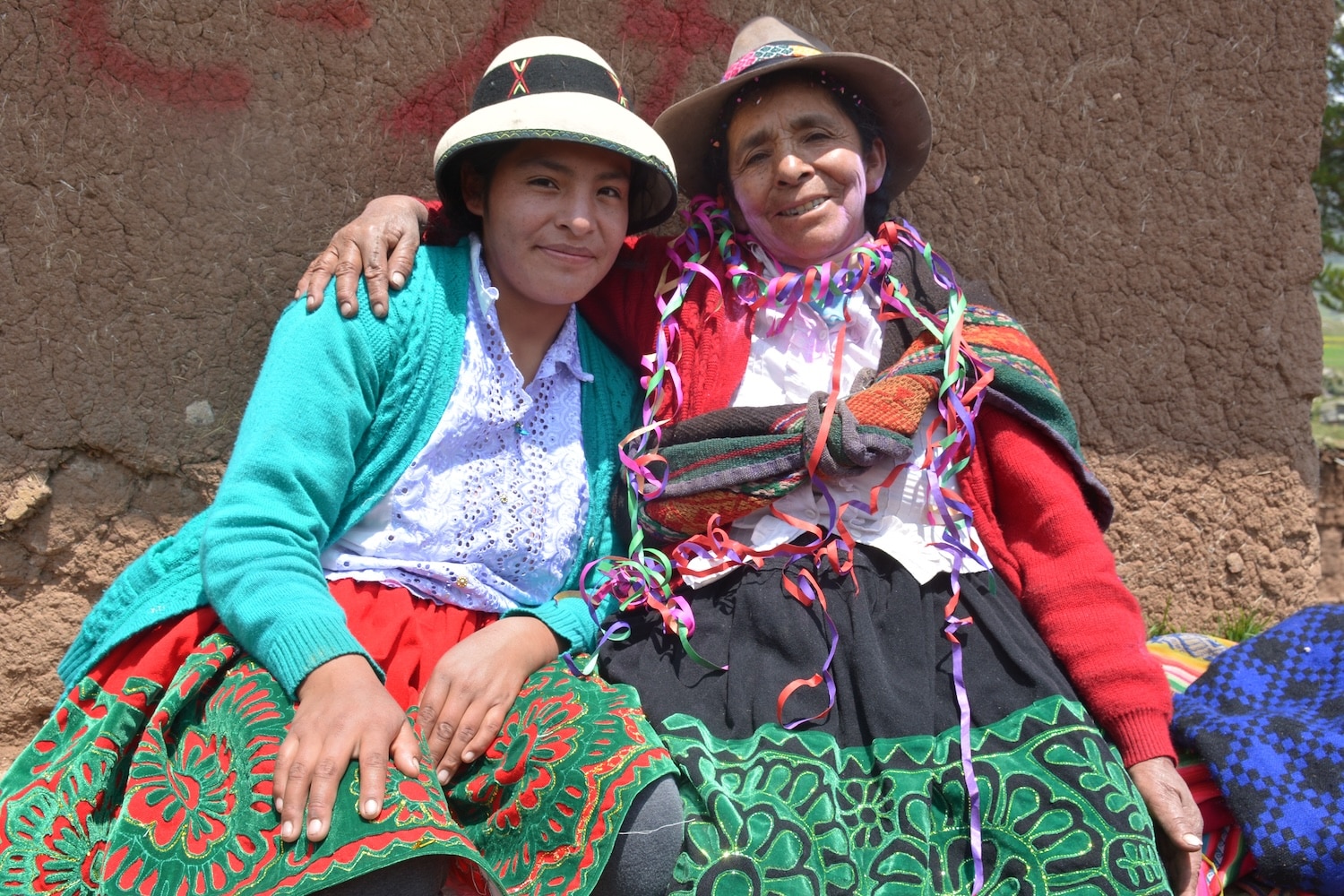
Qallarinapaq | Introduction
In this unit we will continue learning the use of the interrogatives in Quechua. In the previous unit we learned the basic way to use interrogatives in conversations, now we will learn to use the interrogatives to learn more about our interlocutors during a conversation.
Ready?
¡Qallarisun! / Let's get started!

Qillqa | Grammar
The interrogative suffix or tapukuq –chu allows us to develop questions to know about details in a conversation. The answers to these questions can be affirmative or negative. We should not forget that the expressions that use the suffix –chu, the word that has this suffix is the focus of the question.
The basic forms to make questions is adding the suffix –chu to the word to turn the expression into a question.
For example, if I want to know if the city in a photo is Cusco, I can ask my interlocutor, ¿Qusquchu?
To know if a person is a Quechua priest I can ask ¿Altumisayuqchu?
Let's look at the following examples:
| ¿Curahuasichu? | ¿Is that Curahuasi?? |
| ¿Camenchu? | ¿Is that Carmen?? |
| ¿Yachachiqchu? | ¿Is that a professor? |
| ¿Yachachiqchu kanki? | ¿Are you a professor? |
| ¿Abancaymantachu? | Are they from Abancay? |
| ¿Misk’ichu? | ¿Is it delicious?? |
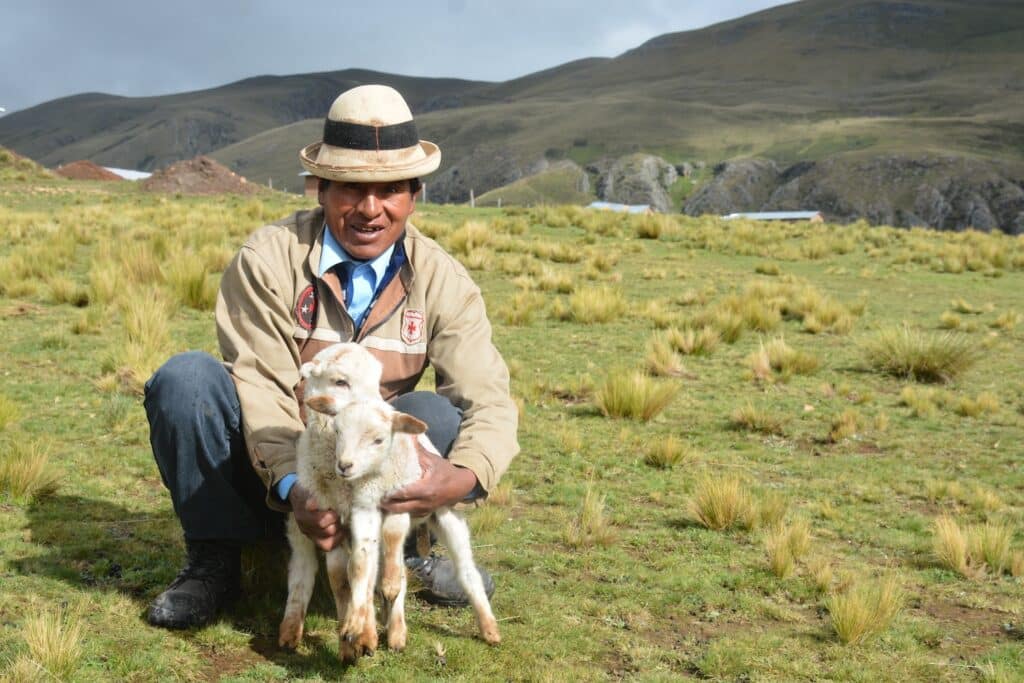
Following the example of the question about the city of Cusco, is the city in the photo is Cusco, the interlocutor will respond: Arí, Qusqun.
The interrogative suffix –chu is no longer used if the response is positive.
For example, let's look a the positive answers to the previous questions:
| ¿Curahuasichu? Arí, Curahuasin | ¿Is that Curahuasi?? Yes, it is Curahuasi |
| ¿Camenchu? Arí, Carmenmi | ¿Is that Carmen?? Yes, it is Carmen |
| ¿Yachachiqchu? Arí, yachachiqmi | ¿Is that a professor? Yes, that is a professor |
| ¿Yachachiqchu kanki? Arí, yachachiqmi kani | ¿Are you a professor? Yes, I am a professor |
| ¿Abancaymantachu? Arí, Abancaymantan | Are they from Abancay? Yes, they are from Abancay |
| ¿Misk’ichu? Arí, misk’in | ¿Is it delicious?? Yes, it is delicious |
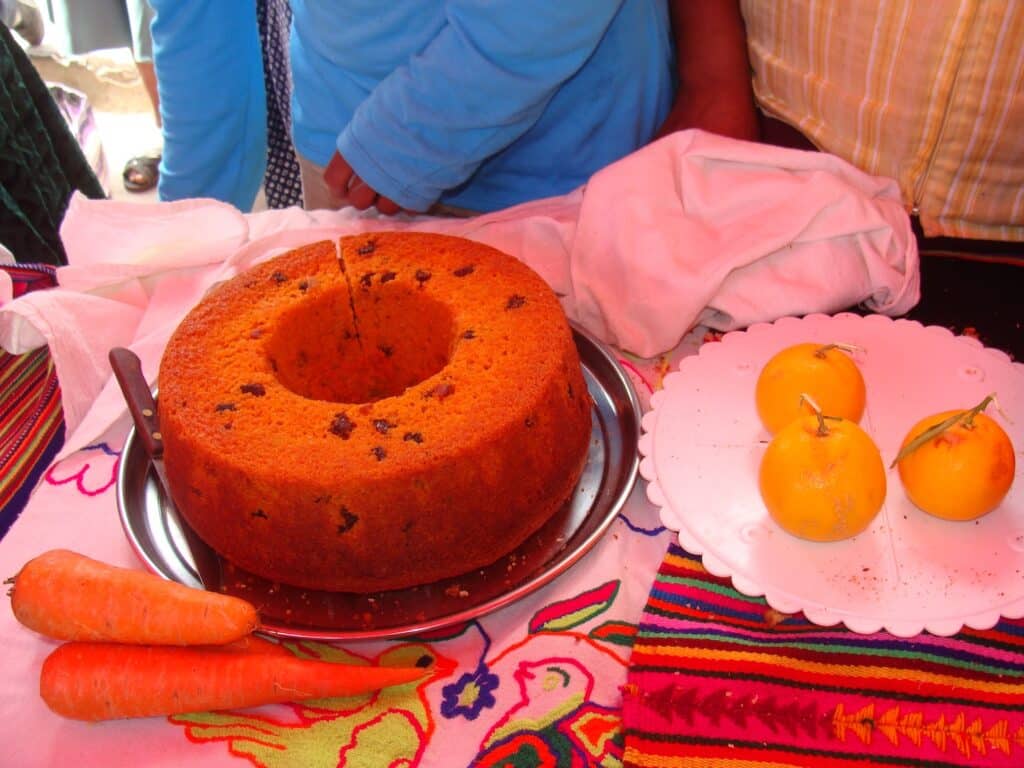
RememberIn the previous units we have learned to use the assertive euphonic markers. For example, in the positive response to the first question you add a –n to the word Curahuasi, this is because this word ends in a vowel. With this it becomes Curahuasin.
In the second question we add –mi to the word Carmen because it ends in a consonant. With this it becomes Carmenmi.
-n and -mi are assertive euphonic markers that are also used in answers to questions. These answers demonstrate interest and conviction to mention something.
In the case that the answer is negative, it should begin with the word mana, which means no. For example, before the question ¿Qusquchu? The negative response is manan Qusquchu, which means 'it is not Cusco'. Additionally, you should add the suffix –chu to the word that has the interrogative suffix.
Let's look at the negative responses to the questions from before:
| ¿Curahuasichu? Manan Curahuasichu | ¿Is that Curahuasi?? It is not Curahuasi |
| ¿Camenchu? Manan Carmenchu | ¿Is that Carmen?? It is not Carmen |
| ¿Yachachiqchu? Manan yachachichu | ¿Is that a professor? No it is not a professor |
| ¿Papachu? Manan papachu | ¿Es papa? No he is not a father |
| ¿Yachachiqchu kanki? Manan yachachiqchu kani | ¿Are you a professor? No I am not a professor |
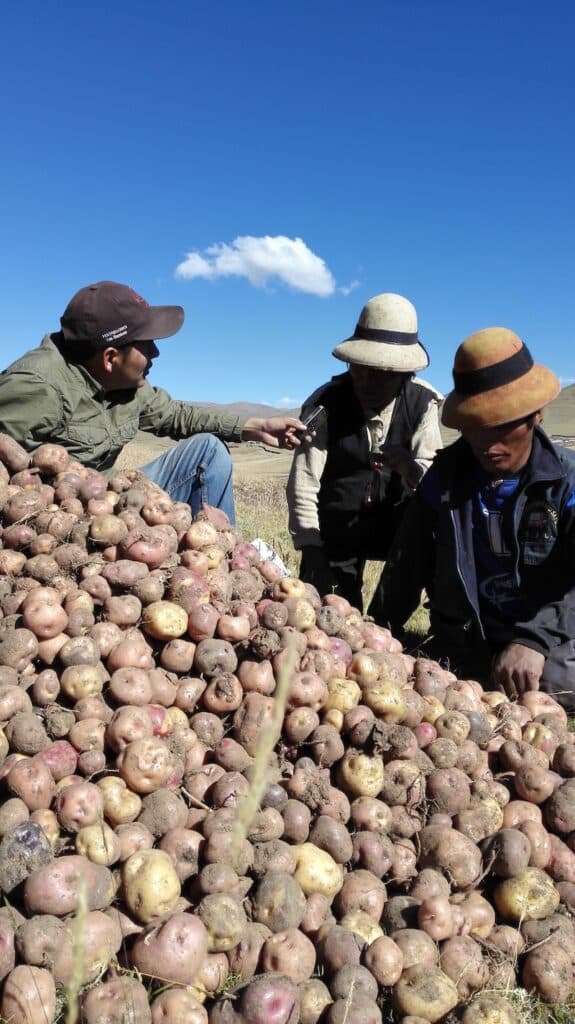
Now that we have learned to form interrogatives in their basic form, we are going to learn to form more elaborate interrogatives in a conversation.
Remember. In some of the following examples we are adding the topicalized suffix –qa in the positive and negative responses. This suffix allows us to put attention on the word that has been added. The word take the suffix –qa which is the topic of the conversation, around which the information is given.
For example: to respond positively to the question ¿Runasimitachu yachachin Gladys? Does Gladys teach Quechua? we say: Arí, runasimitan Gladys-qa yachachin. While we respond negatively with: Manan runasimitachu Gladys-qa yachachin "Gladys does not teach Quechua'.
The topicalized suffix falls on Gladys because it is the subject of the sentence and the Quechua words that are the subject should take the topicalizer –qa. For example, warmikunaqa pukllachkankun 'the women are playing'
Let's look at the following examples:
Example 1:
| ¿Runasimitachu yachachin Gladys? | ¿Does Gladys teach Quechua?? |
| Positive response: Arí, runasimitan Gladysqa yachachin | Yes, Gladys teaches Quechua |
| Negative Answer: Manan runasimitachu Gladysqa yachachin | No, Gladys does not teach Quechua |
Example 2:
| ¿Inglis simipi rimayta yachankichu? | Do you speak English? |
| Positive response: Arí, inglis simipi rimaytaqa atinin | Yes, I can speak English |
| Negative Answer: Manan inglis simipi rimaytaqa atinichu | No I can't speak English |
Example 3:
| ¿Runasimitachu yachachin Gladys? | ¿Does Gladys teach Quechua?? |
| Positive response: Arí, runasimitan Gladysqa yachachin | Yes, Gladys teaches Quechua |
| Negative Answer: Manan runasimitachu Gladysqa yachachin | No, Gladys does not teach Quechua |
Ejemplo 4:
| ¿Papa rantiqchu richkan Roberto? | ¿Is Papa Roberto going to buy?? |
| Positive response: Arí, papa rantiqmi richkan Robertoqa | Yes, Papa Roberto is going to buy |
| Negative Answer: Manan papa rantiqchu richkan Robertoqa | No, Papa Roberto is not going to buy |
Example 5:
| ¿Llamkachkankichu Martha? | ¿Are you working, Martha?? |
| Positive response: Arí, llamkachkanin turay José | Yes I am working, brother José |
| Negative Answer: Manan llamkachkanichu turay José | No I am not working, brother José |
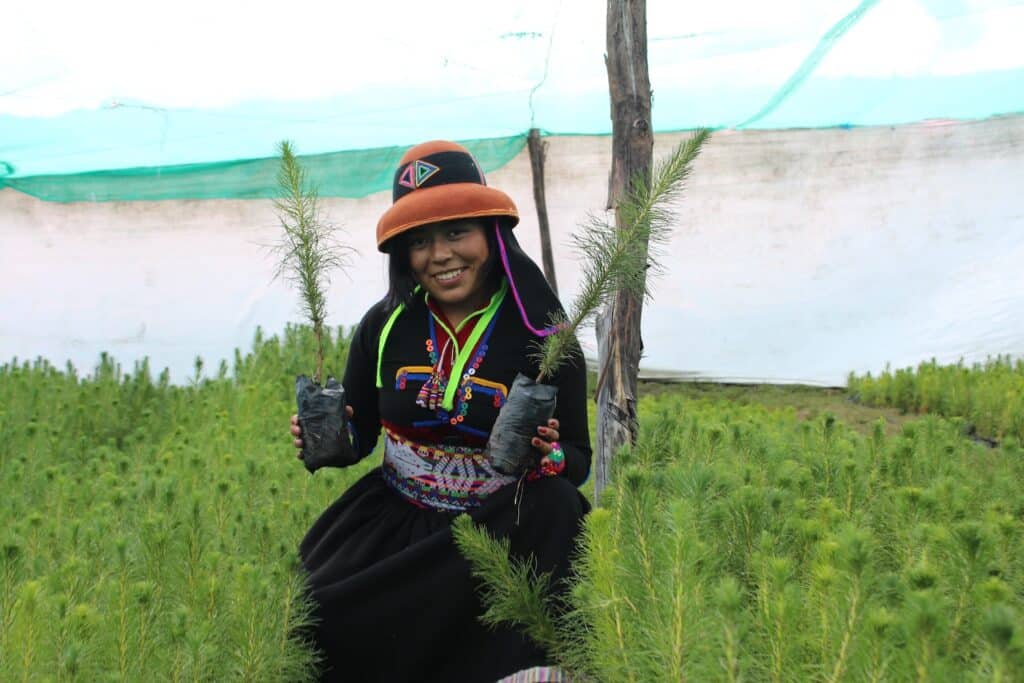
Example 6:
| ¿Wasiykichu kay wasi? | ¿Is this your house? |
| Positive response: Arí, kayqa wasymi | Yes this is my house |
| Negative Answer: Manan, kayqa Javierpa wasinmi | No this is Javier's house |
Example 7:
| ¿Pukllachkankuchu chay warmikuna? | ¿Are those women playing?? |
| Positive response: Arí, chay warmikunaqa pukllachkankun | Yes, those women are playing |
| Negative Answer: Manan, chay warmikunaqa manam pukllanchkankuchu | No those women are not playing |

Rimanakuna | Vocabulary
| Yachachiq | Instructor |
| Runasimi | Quechua Language |
| Inglis simi | English Language |
| Aymara simi | Aymara language |
| Papa | Papa |
| Rantiy | to buy |
| Altumisayuq | Quechua priest |
| Hampikamayuqmi | Doctor |
| Akllay | to choose |
| Suyay | To wait |
| Kutimuy | to return |
| Muchhay | to shuck |
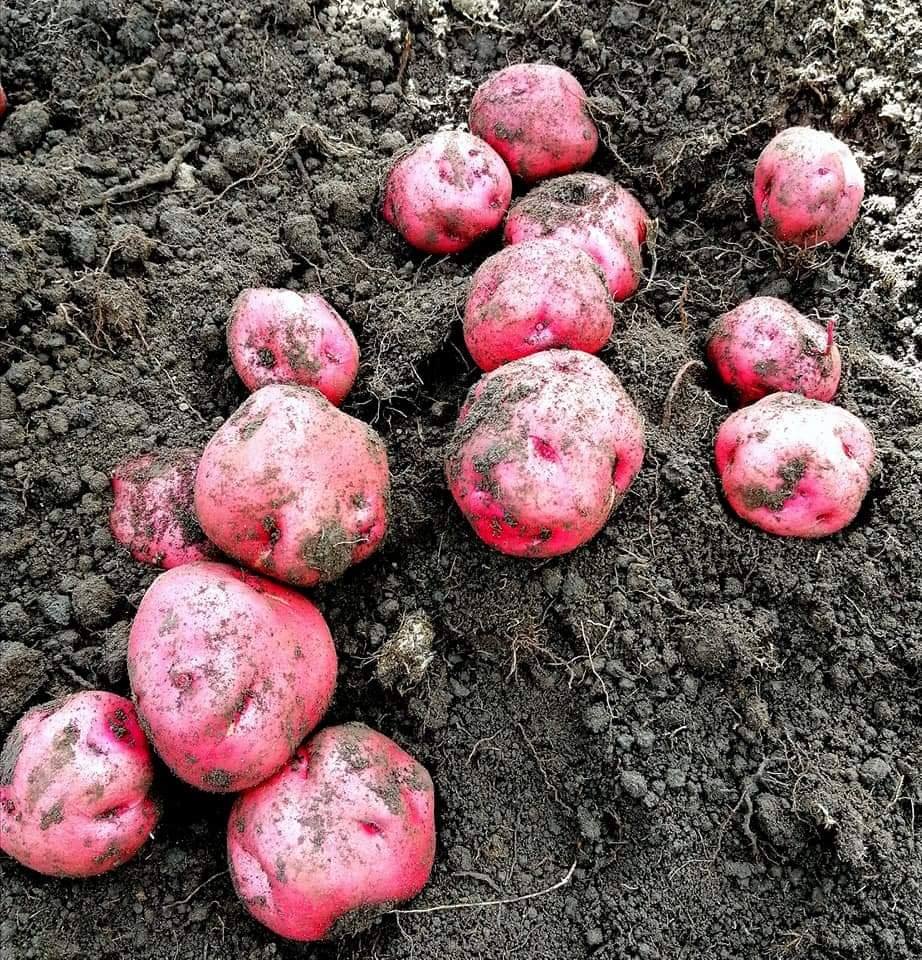

Ruwapakuy | Exercises
Now we will practice responding positively to the following questions. Next to finish translate each question and its positive response to English or Spanish
¿Aymara simipi rimayta yachankichu?
Positive response:
¿Yachachiqchu kanki?
Positive response:
¿Andahuaylaspichu tiyanki?
Positive response:
¿Altumisayuqchu chay runa?
Positive response:
Now let's practice responding negatively to the following questions. Then to finish translate each question and its negative response to English or Spanish.
¿Puca Pucamantachu kanki?
Negative Answer:
¿Limamantachu kanki?
Negative Answer:
¿Qusqumantachu kanki?
Negative Answer:
¿Mamaykichu mamá Santusa?
Negative Answer:
¿Allillanchu kachkanki?
Negative Answer:
¿Llamkaqchu richkanki?
Negative Answer:

Qawasunchik | Videos
Now let's watch and learn the use of the interrogative in Quechua.
Show Video Transcript: Helen & Abel se preguntan el uno al otro.
Helen: ¿Robertochu?
Abel: Arí, Roberton
Helen: ¿Robertochu?
Abel: Manan, manan Robertochu
Abel: ¿Marthachu kanki?
Helen: Arí, ñuqan kani Martha.
Abel: ¿Marthachu kanki?
Helen: Manan Marthachu kani.
Helen: ¿Wasiykichu kay wasi?
Abel: Arí, kayqa wasiymi.
Helen: ¿Wasiykichu kay wasi?
Abel: Manan, kayqa Justinoq wasinmi. Wasiyqa haqay chimpapin.
Helen: ¿Choferchu?
Abel: Arí, chofermi.
Helen: ¿Choferchu?
Abel: Manan, manan choferchu.
Abel: ¿Yachachiqchu?
Helen: Arí, yachachiqmi.
Abel: ¿Yachachiqchu?
Helen: Manan yachachiqchu, payqa hampikamayuqmi.
Show Video Transcript: Helen & Abel (Qataycha) se preguntan el uno al otro.
Abel: ¿Pukllachkankuchu chay runakuna?
Helen: Arí, chay runakunaqa pukllachkankun
Abel: ¿Pukllachkankuchu chay runakuna?
Helen: Manan, chay runakunaqa manan pukllachkankuchu
Abel: ¿Papatachu akllachkan chay warmi?
Helen: Arí, chay warmiqa papatan akllachkan
Abel: ¿Papatachu akllachkan chay warmi?
Helen: Manan, chay warmiqa qinwatan akllachkan
Abel: ¿Papatachu akllachkan chay warmi?
Helen: Manan, chay warmiqa quinuatan ch’akichichkan
Abel: ¿Qusaykitachu suyachkanki Helen?
Helen: Arí Qataycha, qusaytan suyachkani, llaqtamantan kutimuchkan.
Abel: ¿Qusaykitachu suyachkanki Helen?
Helen: Manan qusaytachu suyachkani.
Abel: ¿Qusaykitachu suyachkanki Helen?
Helen: Arí Qataycha, qusaytan suyachkani, llaqtamantan kutimunqa.
Abel: Ahhh.
Helen: ¿Saratachu muchhachkanki Qataycha?
Abel: Arí, saratan muchhachkani wallpayman qaranaypaq
Helen: ¿Saratachu muchhachkanki Qataycha?
Abel: Manan, manan saratachu muchhachkani.
Helen: ¿Abancaymantachu kanki yachachiq?
Abel: Arí, Abancaymantan kani.
Helen: ¿Abancaymantachu kanki yachachiq?
Abel: Manan, ñuqaqa Urubambamantan kani.
Abel: ¿Wasiykipichu tiyanki Helen?
Helen: Arí Qataycha, wasiypin tiyakuni.
Abel: ¿Wasiykipichu tiyanki Helen?
Helen: Manan Qataycha, manan wasiypichu tiyani
